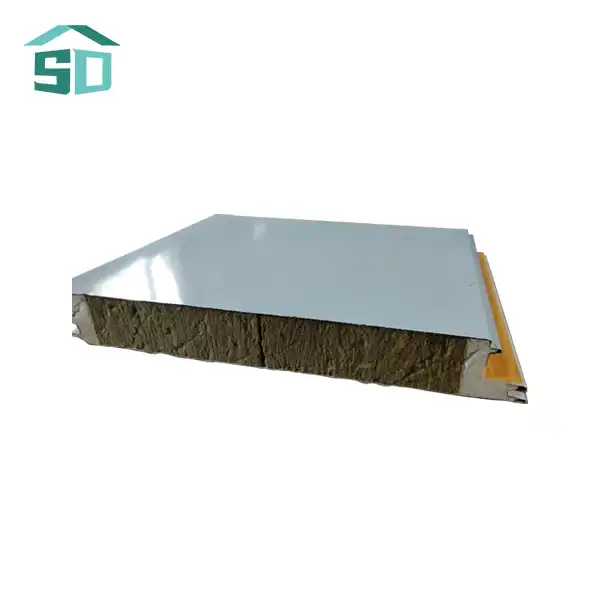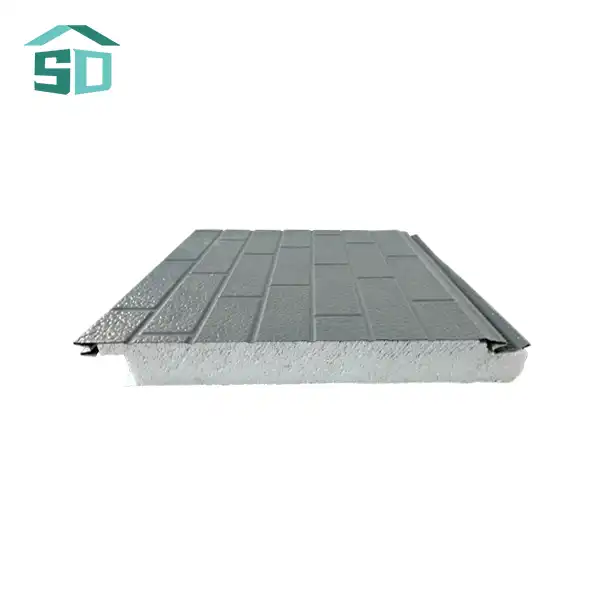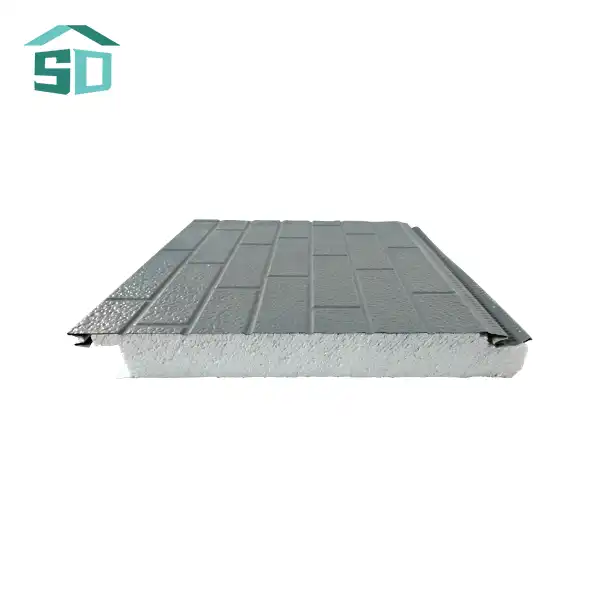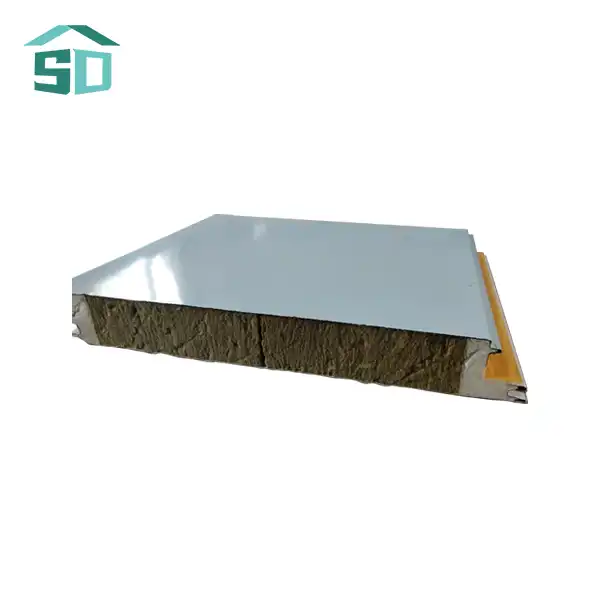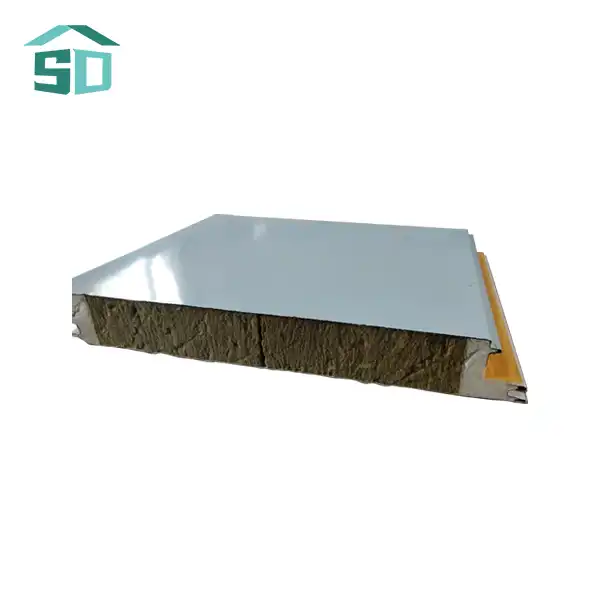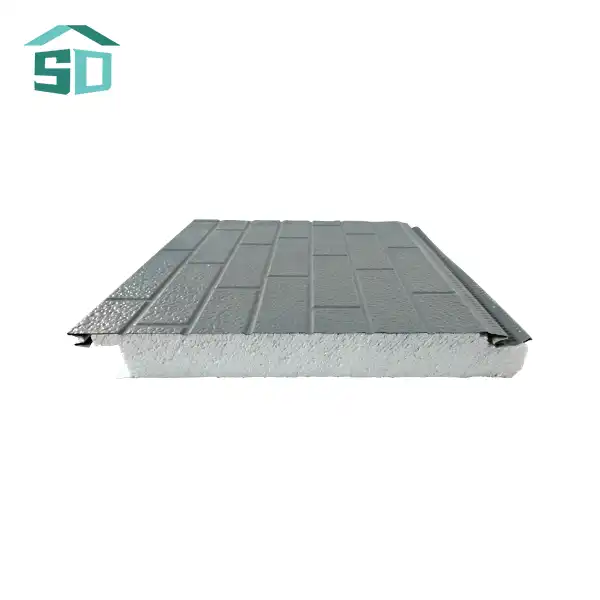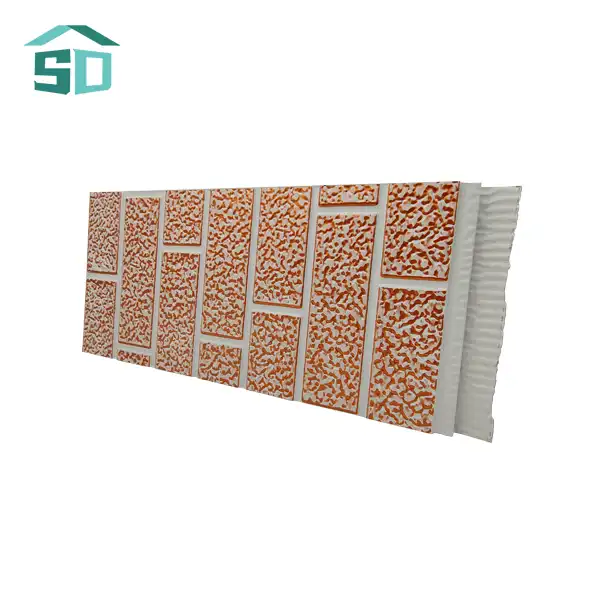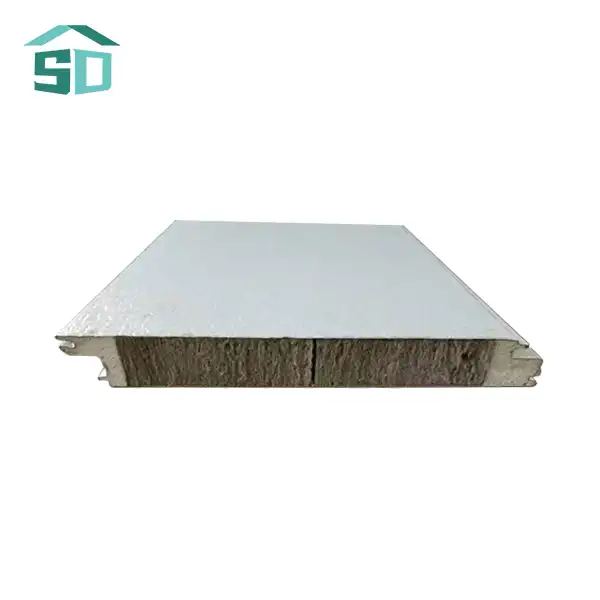In the ever-evolving world of construction and building design, insulated thermal wall panels supplier solutions have emerged as a game-changing approach for energy efficiency and aesthetic appeal. These innovative panels offer a compelling alternative to traditional insulation methods, combining superior thermal performance with sleek, modern design. As we delve into the advantages of insulated thermal wall panels, we'll explore why more architects, builders, and homeowners are making the switch from conventional insulation to this cutting-edge technology.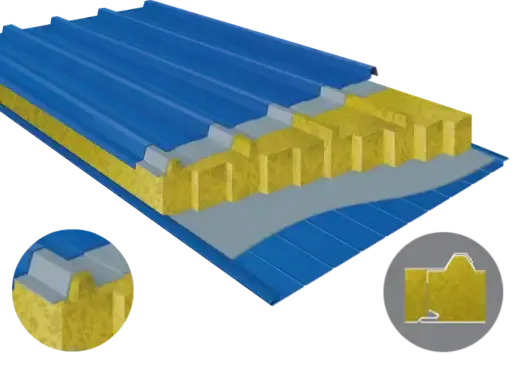
- English
- French
- German
- Portuguese
- Spanish
- Russian
- Japanese
- Korean
- Arabic
- Greek
- German
- Turkish
- Italian
- Danish
- Romanian
- Indonesian
- Czech
- Afrikaans
- Swedish
- Polish
- Basque
- Catalan
- Esperanto
- Hindi
- Lao
- Albanian
- Amharic
- Armenian
- Azerbaijani
- Belarusian
- Bengali
- Bosnian
- Bulgarian
- Cebuano
- Chichewa
- Corsican
- Croatian
- Dutch
- Estonian
- Filipino
- Finnish
- Frisian
- Galician
- Georgian
- Gujarati
- Haitian
- Hausa
- Hawaiian
- Hebrew
- Hmong
- Hungarian
- Icelandic
- Igbo
- Javanese
- Kannada
- Kazakh
- Khmer
- Kurdish
- Kyrgyz
- Latin
- Latvian
- Lithuanian
- Luxembou..
- Macedonian
- Malagasy
- Malay
- Malayalam
- Maltese
- Maori
- Marathi
- Mongolian
- Burmese
- Nepali
- Norwegian
- Pashto
- Persian
- Punjabi
- Serbian
- Sesotho
- Sinhala
- Slovak
- Slovenian
- Somali
- Samoan
- Scots Gaelic
- Shona
- Sindhi
- Sundanese
- Swahili
- Tajik
- Tamil
- Telugu
- Thai
- Ukrainian
- Urdu
- Uzbek
- Vietnamese
- Welsh
- Xhosa
- Yiddish
- Yoruba
- Zulu
Why Choose Thermal Wall Panels Over Traditional Insulation?
The Evolution of Insulation: From Traditional to Thermal Panels
Understanding the Limitations of Conventional Insulation
Traditional insulation methods, such as fiberglass batts or spray foam, have long been the go-to choice for builders seeking basic thermal protection. However, these conventional solutions often fall short when it comes to maintaining consistent efficiency, resisting moisture, and ensuring long-term durability. Insulated thermal wall panels supplier systems address these limitations by integrating high-performance insulation directly into the building’s envelope. This unified structure not only enhances thermal stability but also simplifies installation, reduces labor time, and improves overall energy performance for modern construction projects.
The Rise of Insulated Thermal Wall Panels
Insulated thermal wall panels represent a groundbreaking advancement in modern construction materials, offering both form and function in one seamless solution. These panels feature a high-performance insulating core, typically made from polyurethane or polystyrene, securely sandwiched between two robust layers of metal, composite, or cement board. This intelligent composition enhances structural strength, minimizes heat transfer, and delivers a clean, durable finish. As more builders and architects adopt this technology, insulated thermal wall panels are redefining how sustainable, efficient, and visually appealing buildings are designed and constructed.
Bridging the Gap: Performance and Aesthetics
One of the most significant advantages of insulated thermal wall panels is their ability to seamlessly blend performance with aesthetics. Unlike traditional insulation, which is hidden behind interior walls and requires multiple installation steps, insulated thermal wall panels function as both high-efficiency insulation and durable exterior cladding. This dual-purpose design streamlines construction, reducing material waste and labor costs, while providing architects greater creative freedom to experiment with textures, finishes, and facade aesthetics that enhance modern building appeal.
The Advantages of Insulated Thermal Wall Panels
Superior Energy Efficiency
At the core of the appeal of insulated thermal wall panels is their exceptional energy efficiency and ability to create a continuous thermal barrier. The uninterrupted layer of insulation provided by these panels effectively eliminates thermal bridging, a common problem found in conventional framing and insulation setups. This results in drastically reduced heat transfer, improving indoor comfort while lowering energy consumption for both heating and cooling. With their high R-value and precision-engineered sealing, insulated thermal wall panels ensure consistent temperature regulation, enhanced building performance, and long-term sustainability.
Streamlined Installation Process
Insulated thermal wall panels also deliver outstanding benefits in installation speed and simplicity. Unlike traditional methods that involve multiple layers of insulation, vapor barriers, and cladding, these panels combine all elements into a single, pre-fabricated component. Their modular design allows for quick on-site assembly with minimal tools or adjustments, significantly cutting labor hours and overall costs. The simplified installation not only reduces construction complexity but also enhances project scheduling efficiency, enabling earlier completion, quicker occupancy, and improved cost-effectiveness for developers and contractors alike.
Durability and Longevity
The robust construction of insulated thermal wall panels contributes to their exceptional durability. Resistant to moisture, mold, and pests, these insulated thermal wall panels maintain their insulating properties and structural integrity even in harsh environmental conditions. Their closed-cell core prevents water infiltration and thermal degradation, ensuring consistent performance year after year. This long-term durability not only minimizes repair and replacement expenses but also enhances the building’s sustainability by reducing material waste and lifecycle costs. As a result, insulated thermal wall panels represent a future-proof investment that offers superior protection, reliability, and energy efficiency for decades to come.
Environmental Impact and Sustainability
Reduced Carbon Footprint
The energy efficiency of insulated thermal wall panels directly contributes to a reduced carbon footprint. By minimizing heat loss and gain, buildings equipped with these panels require less energy for temperature control, leading to lower greenhouse gas emissions. Furthermore, the durability of these panels means less frequent replacement and less waste over time.
Recyclability and Eco-Friendly Materials
Many manufacturers of insulated thermal wall panels are committed to sustainability, using recyclable materials in their products. Some panels incorporate recycled content, further reducing their environmental impact. The ability to recycle these panels at the end of their life cycle aligns with the principles of circular economy, making them an environmentally responsible choice for modern construction.
Contributing to Green Building Certifications
The use of insulated thermal wall panels can significantly contribute to achieving green building certifications such as LEED (Leadership in Energy and Environmental Design). Their energy efficiency, use of eco-friendly materials, and recyclability make insulated thermal wall panels an appealing choice for green building projects. They help reduce a structure’s carbon footprint while supporting LEED or other sustainability certifications, aligning perfectly with modern construction’s emphasis on environmental responsibility and long-term energy savings.
Conclusion
Insulated thermal wall panels represent a significant advancement in building insulation technology, offering a multitude of benefits over traditional methods. From superior energy efficiency and streamlined installation to enhanced durability and environmental sustainability, these panels are revolutionizing the construction industry. As we move towards more energy-efficient and sustainable building practices, insulated thermal wall panels stand out as a versatile, high-performance solution that meets the demands of modern architecture and environmental responsibility.
Are you ready to elevate your next construction project with insulated thermal wall panels? Weifang Sandong Building Materials Co., Ltd. offers a wide range of high-quality insulated thermal wall panels designed to meet your specific needs. Our expert team is ready to assist you in choosing the perfect panels for your project. Contact us today at info@sdqsc.com to learn more about how our insulated thermal wall panels can transform your building's performance and aesthetics.
FAQ
How do insulated thermal wall panels compare to traditional insulation in terms of cost?
While the initial cost of insulated thermal wall panels may be higher, they often prove more cost-effective in the long run due to energy savings, reduced installation time, and lower maintenance costs.
Can insulated thermal wall panels be used in renovation projects?
Yes, these panels are versatile and can be used in both new construction and renovation projects, offering an excellent solution for upgrading existing buildings' energy efficiency.
What types of buildings are best suited for insulated thermal wall panels?
Insulated thermal wall panels are suitable for a wide range of buildings, including residential homes, commercial structures, industrial facilities, and even specialized applications like cold storage units.
References
1. U.S. Department of Energy. (2021). "Insulation Materials." Energy Saver.
2. ASHRAE. (2019). "ASHRAE Handbook - Fundamentals." American Society of Heating, Refrigerating and Air-Conditioning Engineers.
3. U.S. Green Building Council. (2022). "LEED v4 for Building Design and Construction."
4. International Code Council. (2021). "International Energy Conservation Code."
